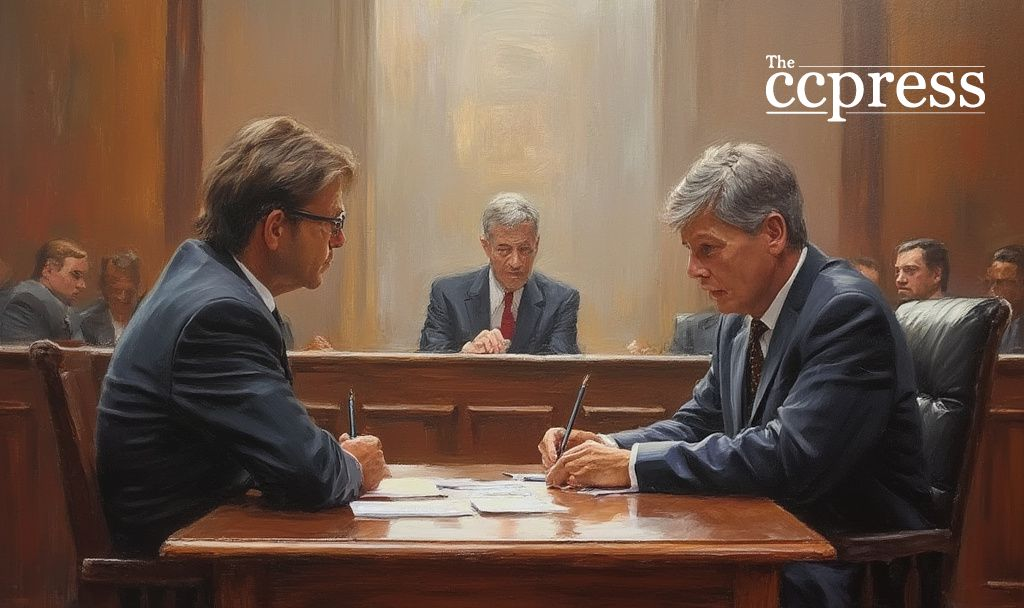- Prosecutors reject suppression claims, influencing legal outcome.
- Defense challenges evidence disclosure regarding licensing rules.
- Potential legal precedent impacts cryptocurrency compliance.
This event matters as it could set precedents around evidence handling impacting crypto regulation.
The legal dispute involves accusations from the defense that prosecutors withheld critical communication from FinCEN which stated Samourai Wallet didn’t need a license. The prosecution, in turn, denied these allegations, claiming no Brady violation occurred. Samourai Wallet’s co-founders, Keonne Rodriguez and William Lonergan Hill, are charged over allegedly operating without a license. Prosecutors argued delayed evidence disclosure doesn’t breach legal requirements.
“This evidence, which clearly indicates that Samourai Wallet does not function as a money transmitting business, is critical for our defense.” — Keonne Rodriguez, Co-founder, Samourai Wallet.
The case could affect market operations, highlighting the scrutiny on crypto activities. Licensing debates may influence businesses on compliance matters. The outcome could drive policy changes, affecting financial systems dealing with decentralized technologies.
Recent actions highlight potential regulatory shifts as authorities argue functional control of technologies. The broader legal framework could evolve to better define cryptocurrency handling. Historical parallels from other industries suggest strict compliance standards could foretell future technological governance shifts.
| Disclaimer: The content on The CCPress is provided for informational purposes only and should not be considered financial or investment advice. Cryptocurrency investments carry inherent risks. Please consult a qualified financial advisor before making any investment decisions. |
